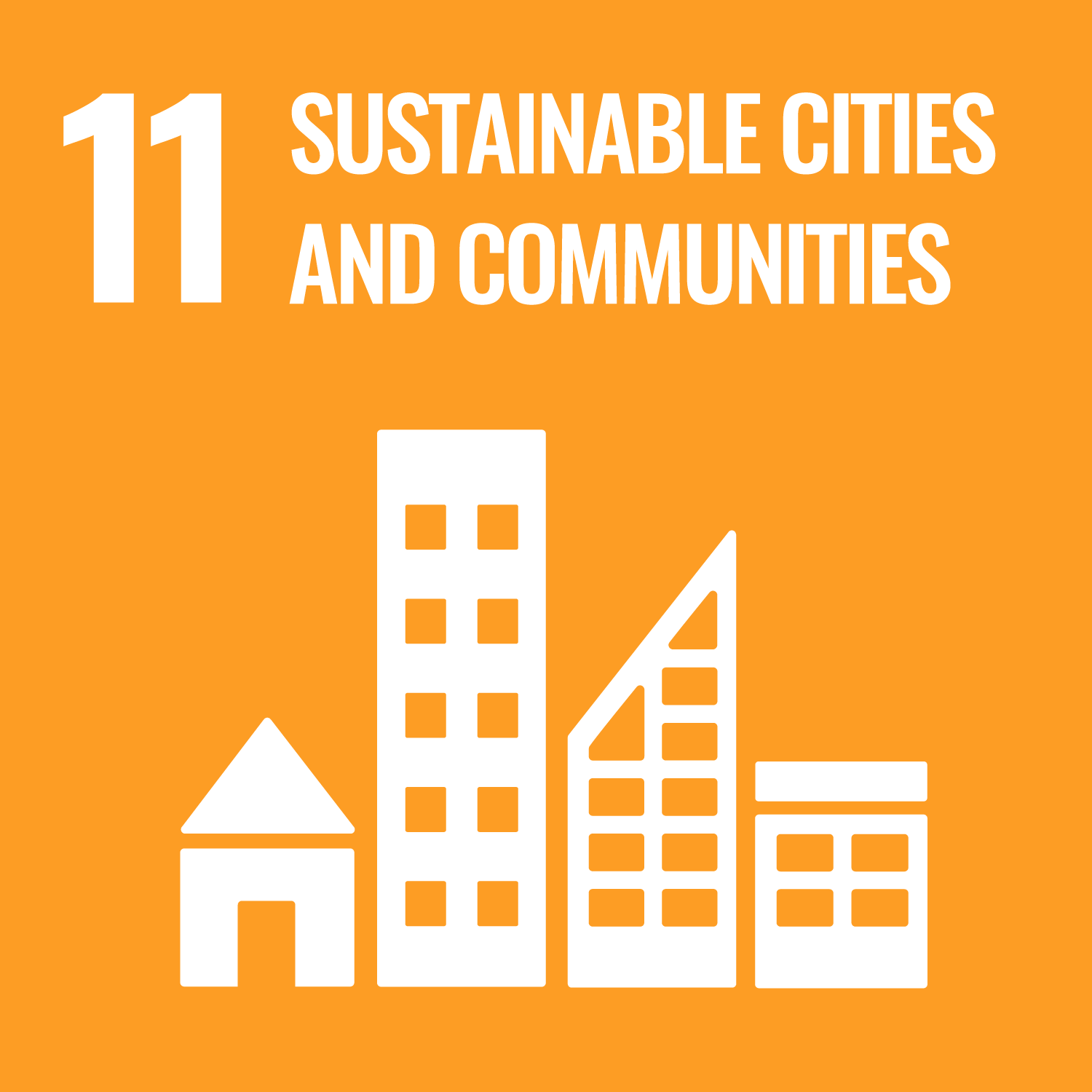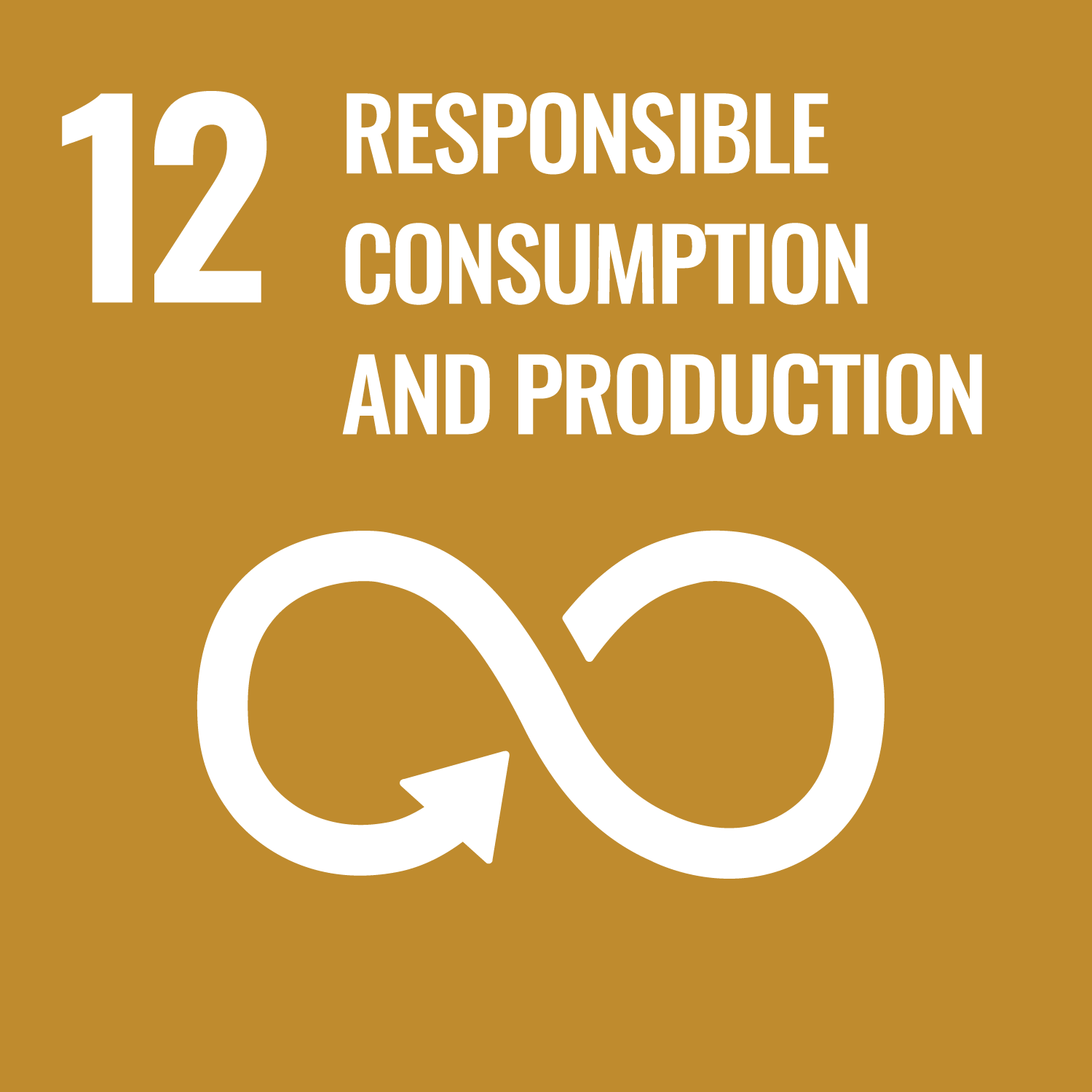Emissions reduction in cities through improved waste management (DKTI)

Objectives
- Enable cities to initiate climate-friendly integrated solid waste management measures
- Develop technical capacities in project cities regarding know-how, planning instruments, data management and financing models within the waste sector
- Integrate waste management measures into Indonesia’s national low-carbon development initiative (LCDI)
- Provide recommendations to the partner ministry to be used in their national policy planning
Description
With over half of the Indonesia’s 270 million inhabitants living in urban areas generating an estimated 105,000 tons of solid waste each day, Indonesia’s rapid urbanisation is putting the country’s waste sector under immense strain. A central concern are the associated greenhouse gas (GHG) emissions from large amounts of unmanaged waste that is burned or dumped disorderly and account for roughly 6% of Indonesia’s total emissions, ranking just 3rd after land use and energy. The Indonesian government has recognised this and made sustainable waste management a central priority within their national development strategies.
As part of the German Climate and Technology Initiative (DKTI), the project builds on that by partnering up with the Ministry of National Development Planning (BAPPENAS) and 6 project cities. The project seeks to improve the conditions for the implementation of climate-friendly waste management measures by building capacities within the relevant stakeholders on the national and sub-national level. Three crucial challenges are mainly addressed: developing technical know-how & planning instruments, improving data management and identifying financing models.
Through its participatory approach, the project seeks to incorporate a wide range of interests and utilise existing expertise from community stakeholders, private and civil society actors. This enables more effective measures and ultimately benefits the project’s target group: Indonesia’s urban residents. In sum, these measures will provide the foundation for effective waste management policies that increase the liveability of the urban areas and its residents by improving public services, reducing emissions and mitigating climate impacts.
Approach/Field of intervention
- Interventions through piloting measures in 6 project cities
- Capacity development within the project cities
- Facilitating and coordinating between national, regional and local stakeholders
- Research & knowledge products
Targeted beneficiaries
Up to an estimated 8.2 million urban residents in the project cities
Publications/Knowledge Products
COUNTRY
Indonesia
DURATION
01 August 2020 - 31 July 2023



